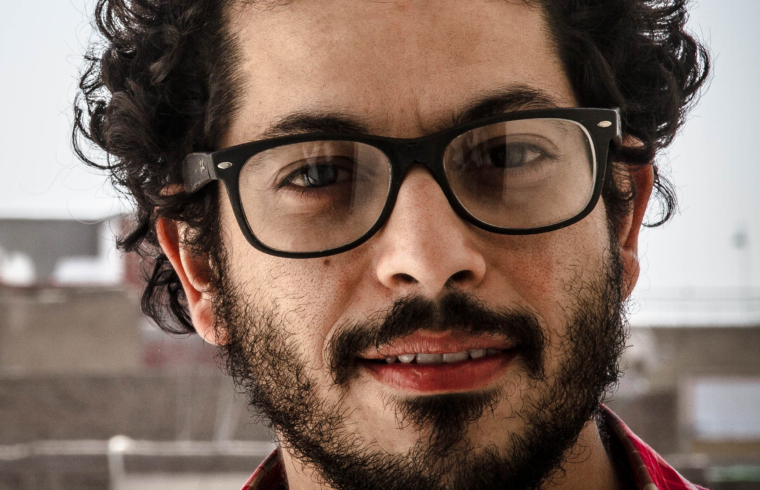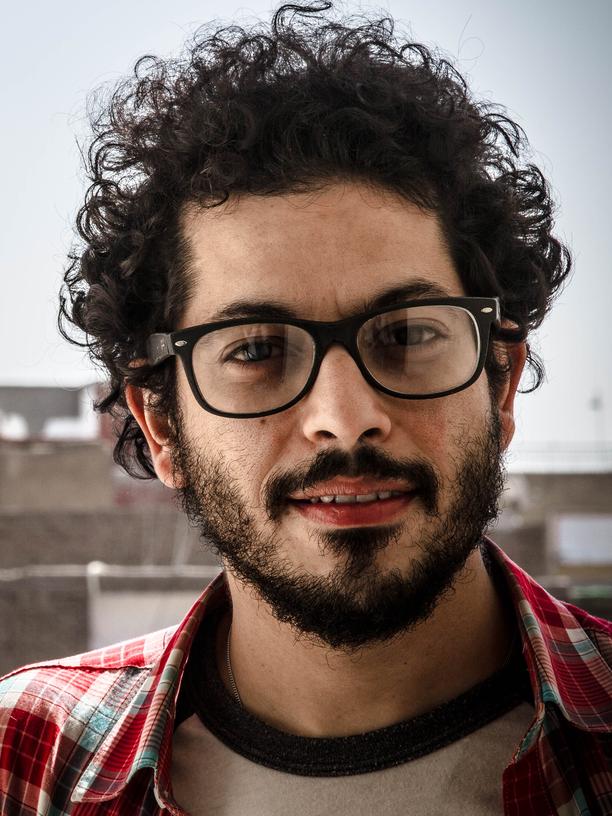Lesen Sie die deutsche Übersetzung dieses Artikels.
The Egyptian revolution began eight years ago, but few hopes remain for a better future. Egyptian blogger Wael Eskandar on how the revolutionaries are faring today.
I often remember Mohamed Mostafa “Karika,” a young engineering student, a tennis champion and a football fan. On Dec. 18, 2011, he wrote a status message before going to Tahrir square to protest: “If you want to live like an animal, it’s up to you. If you want to live enslaved, it’s your right. But don’t blame those who wish to live as humans with freedom and dignity.”
He was shot two days later by the military during the protests and taken to a hospital, where he bled to death. He was 19 years old.
In a sense, that is what Egypt has always wanted to kill: our youth and our potential. And countless people have been killed, in a variety of ways, along with their dreams.
© privat
The revolution that started on Jan. 25, 2011, was not merely the first 18 days of protest on Tahrir Square that ultimately toppled Hosni Mubarak. It was an ongoing struggle, particularly over the course of the two years that followed the uprising. It was a transformative experience, an eye-opener, a dream of a better place where perpetrators of injustices would be held accountable and people would be treated with dignity. Yet when that dream was expressed, it uncovered a reality of greed and violence.
The revolution was defeated not only because of the strength of its adversaries, but because it was betrayed by its supposed friends. Following the fall of Mubarak, the military took over until Mohamed Morsi, the Muslim Brotherhood candidate, was elected in June 2012. Morsi chose to rule autocratically rather than pursue democratic reforms that would have made power sharing possible. Then the military took over, and it was better positioned than in 2011 to cling to power.
For us revolutionaries, the adversary had long been the military, which controls Egypt’s wealth and power. The Muslim Brotherhood, by contrast, was considered by some to be friends who then betrayed the revolution by joining forces with the military. Many others, though, viewed the non-democratic ideals and the sectarianism of the Muslim Brotherhood as an enemy of the revolution from the start. In any case, the Muslim Brotherhood contributed to the defeat of the revolution.
Following the military coup on July 3, 2013 with which the former field marshal Abdel Fattah al Sisi ousted Morsi, Egypt became more brutal than ever before. The crackdown began by targeting Islamists under the guise of fighting extremism. Shortly thereafter, secular activists, artists, intellectuals and critics of any sort were sidelined and targeted.
Sisi’s rise to power was terrifying on so many levels. Media personalities were pushed out of their jobs and some even forcibly removed from the country. Calling out injustices became treason. And many were put behind bars because of a critical Facebook or Twitter post, without the option of having a fair trial, since the judicial system became highly politicized.
Hits: 46





















